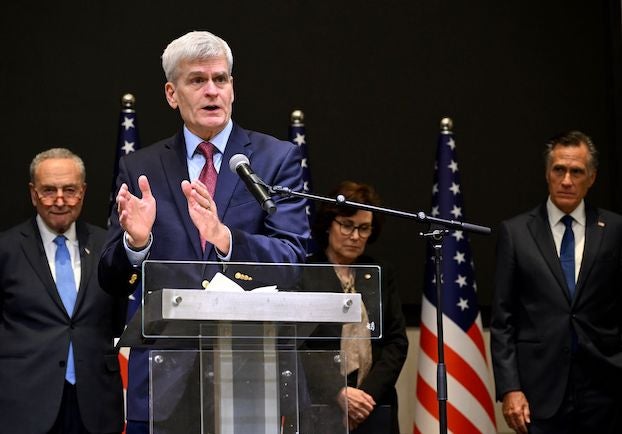


In a recent opinion piece, Quin Hillyer emphasizes the need for U.S. Representatives Mike Johnson and Steve Scalise to adopt a budgetary approach reminiscent of Bob Livingston's strategies from three decades ago. Hillyer recalls how Livingston, who became chairman of the Appropriations Committee during the Gingrich Revolution in 1994, aimed to balance the federal budget within seven years, despite facing projected annual deficits of $200 billion. At that time, the debt-to-GDP ratio stood at 47.35%, whereas it has now surged to 122.3% [b21c0a50].
Hillyer points out that domestic discretionary spending was $250 billion in 1994, which has ballooned to $514 billion in 2023, with actual spending reaching an astonishing $943 billion. He argues that discretionary spending cuts are essential for restoring fiscal discipline and suggests that Johnson and Scalise should consider implementing a rescissions package to recover unspent funds, similar to Livingston's $17 billion cut [b21c0a50].
The call for fiscal responsibility comes at a time when House Speaker Mike Johnson is navigating significant pressures regarding aid packages for Ukraine and Israel, as well as addressing the looming insolvency of Social Security and Medicare trust funds [6564e7eb]. Johnson's leadership has faced scrutiny from hardline Republicans, particularly from figures like Marjorie Taylor Greene, who have threatened his position over perceived deviations from conservative fiscal principles [50ab82da].
As Johnson and Scalise contemplate their next moves, Hillyer urges them to wield 'Cajun scalpels' for budget cuts, advocating for a disciplined approach to government spending that prioritizes long-term economic stability over short-term political gains [b21c0a50].